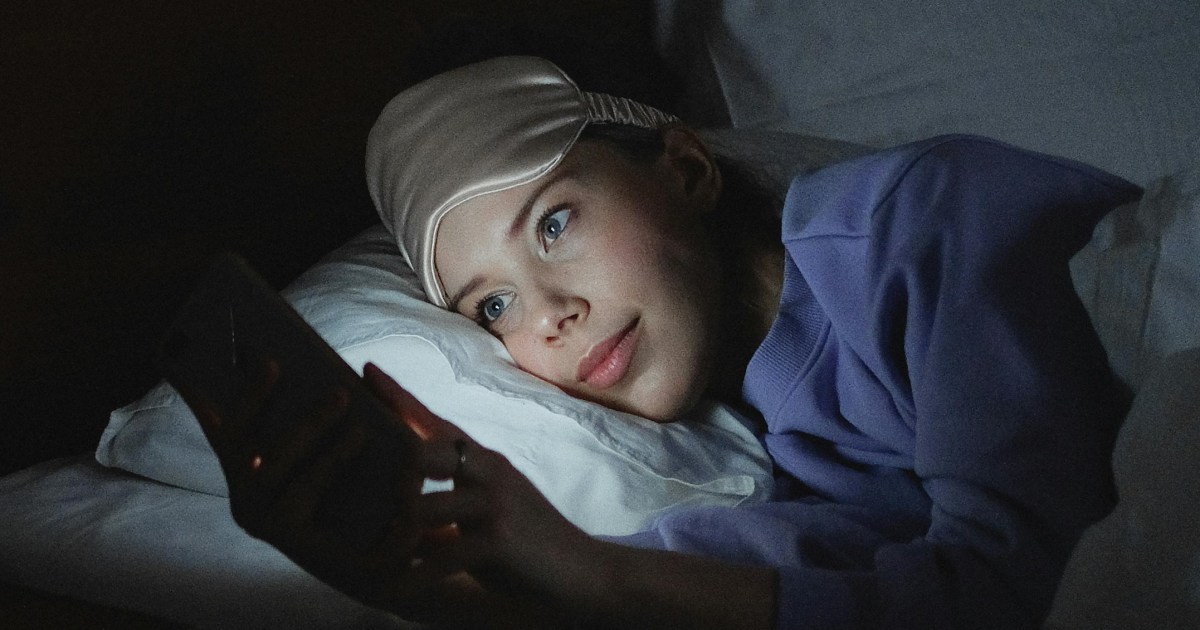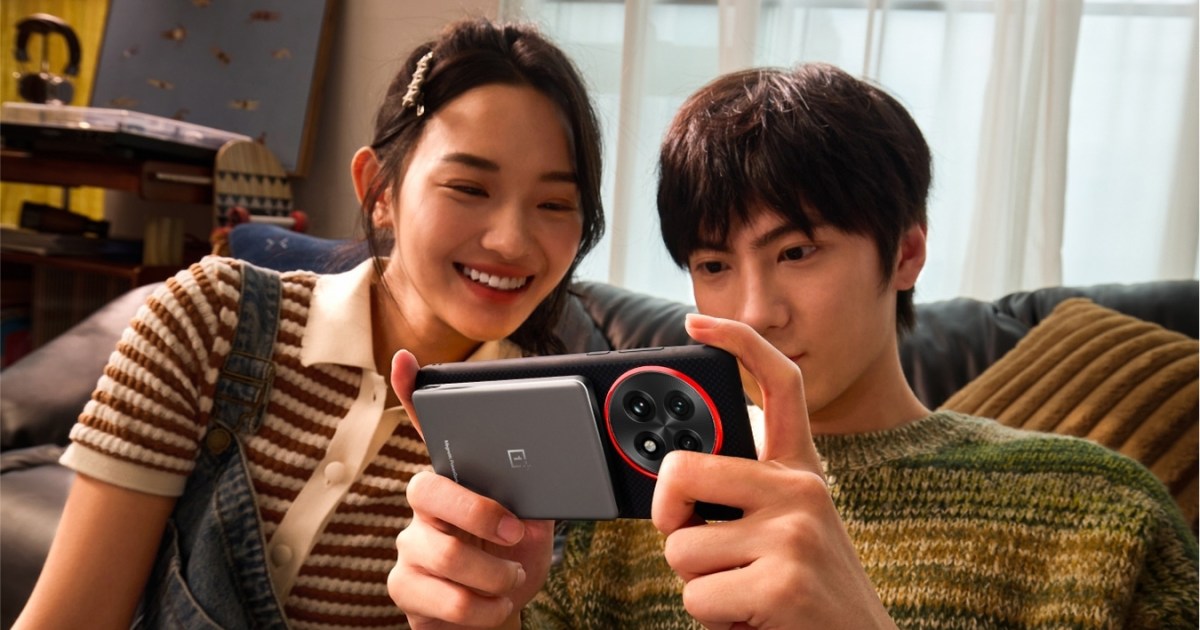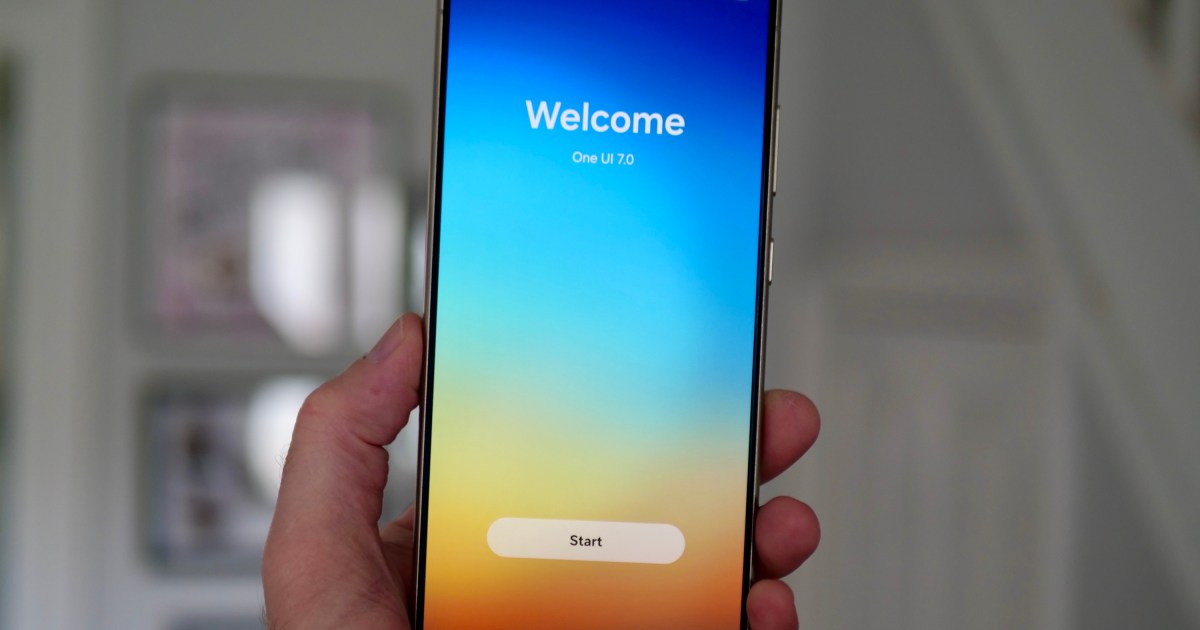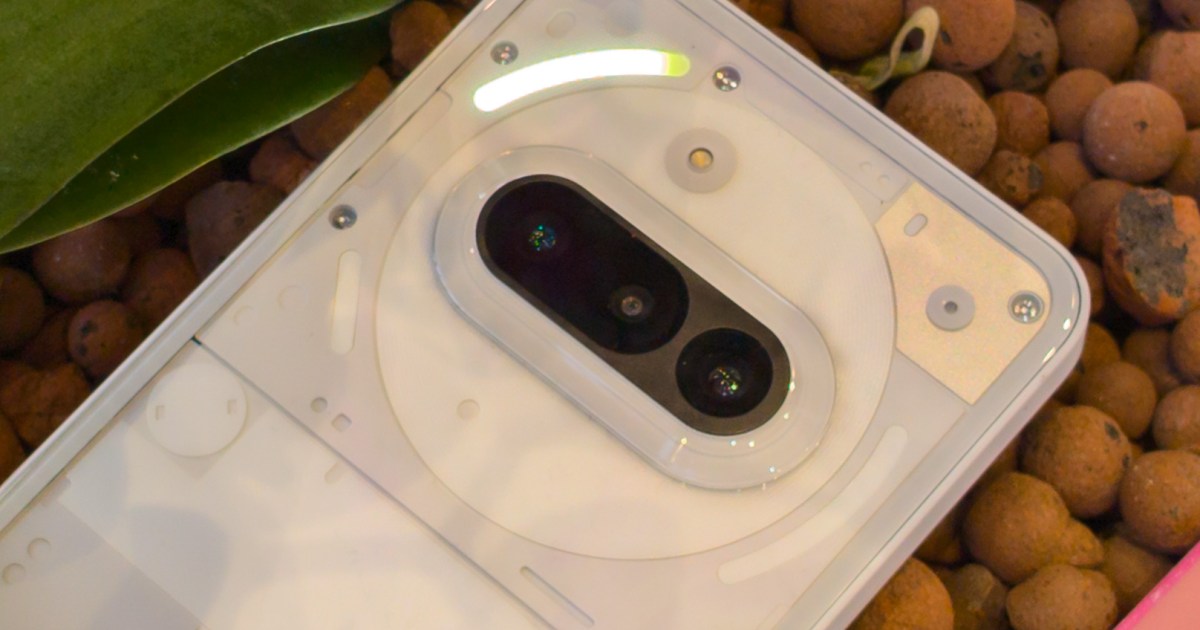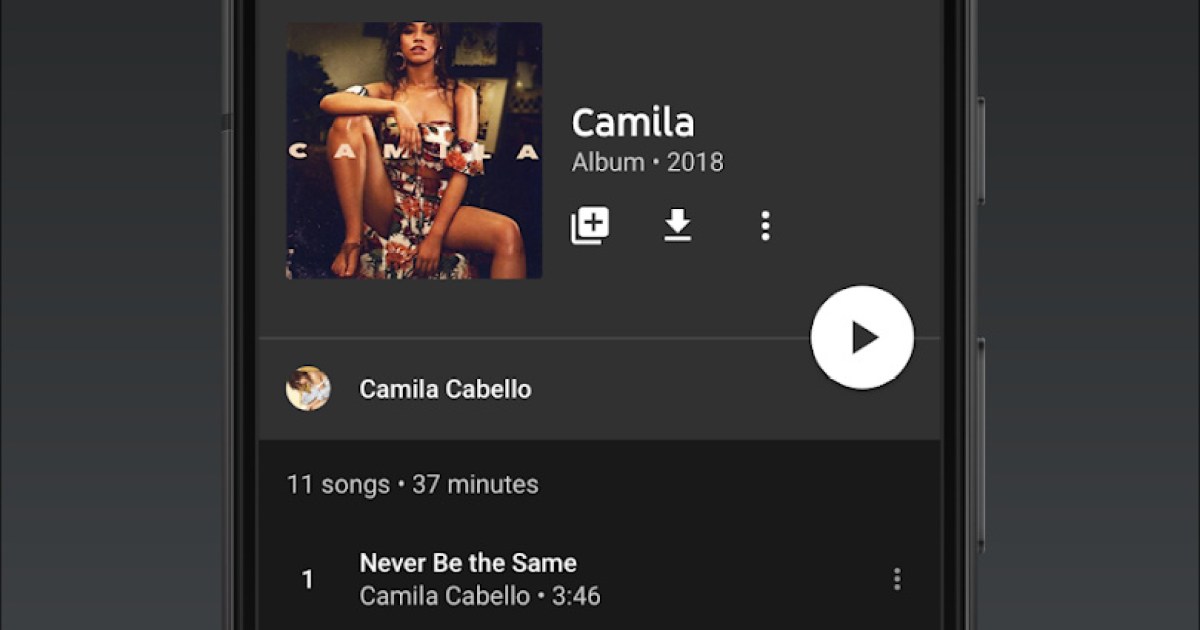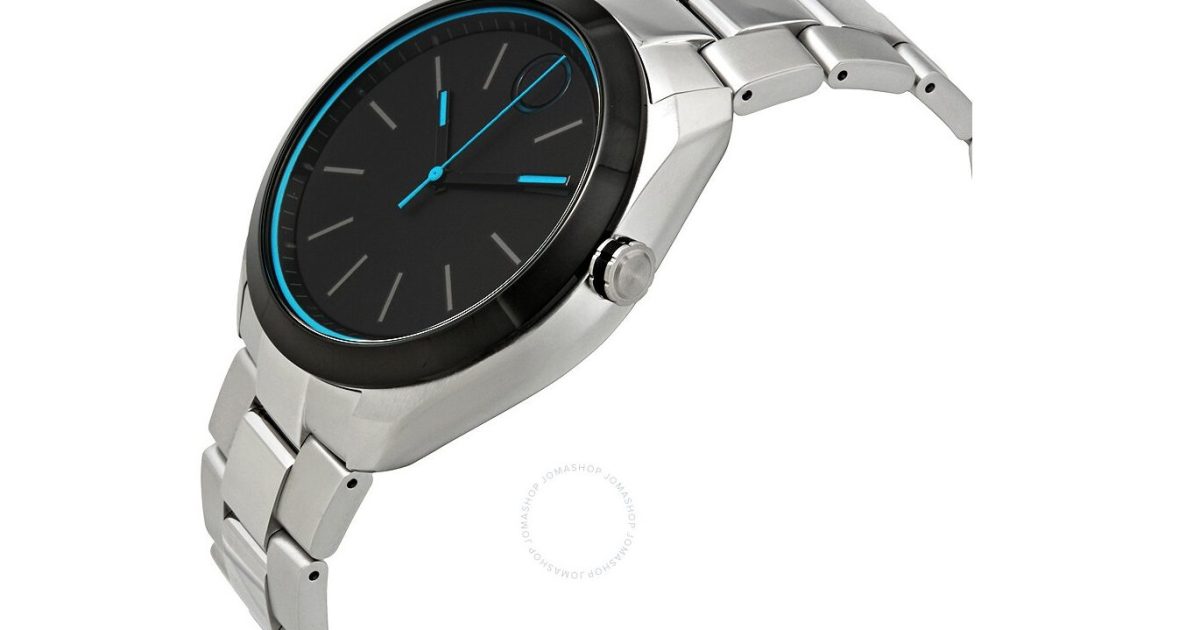The impact of blue light from screens on sleep is a widely debated topic. The use of electronic devices is generally acknowledged to have altered our sleep-wake cycles, delaying sleep onset and reducing overall sleep quality. New research reinforces this, indicating that screen use before bed disrupts sleep across all age groups in various ways.
A cross-sectional study published in the JAMA Journal analyzed screen usage patterns before sleep in over 122,000 participants over two years. Researchers found a 33% higher prevalence of poor sleep quality among those exposed to screens before bed.
Significantly, the study demonstrates that using phones and other screen-equipped devices in bed affects not just adults, but a wide range of individuals across different age groups. The research paper concludes, “Our findings strengthen the evidence that electronic screen use and disruptions to sleep duration and quality are not limited to children and adolescents but to the broader adult population as well.” This is the largest study to date assessing the impact of screen use in bed on sleep outcomes in such a diverse adult population. It goes beyond simply analyzing overall sleep timing, also considering factors like average sleep timing and quality.
Widespread Negative Effects
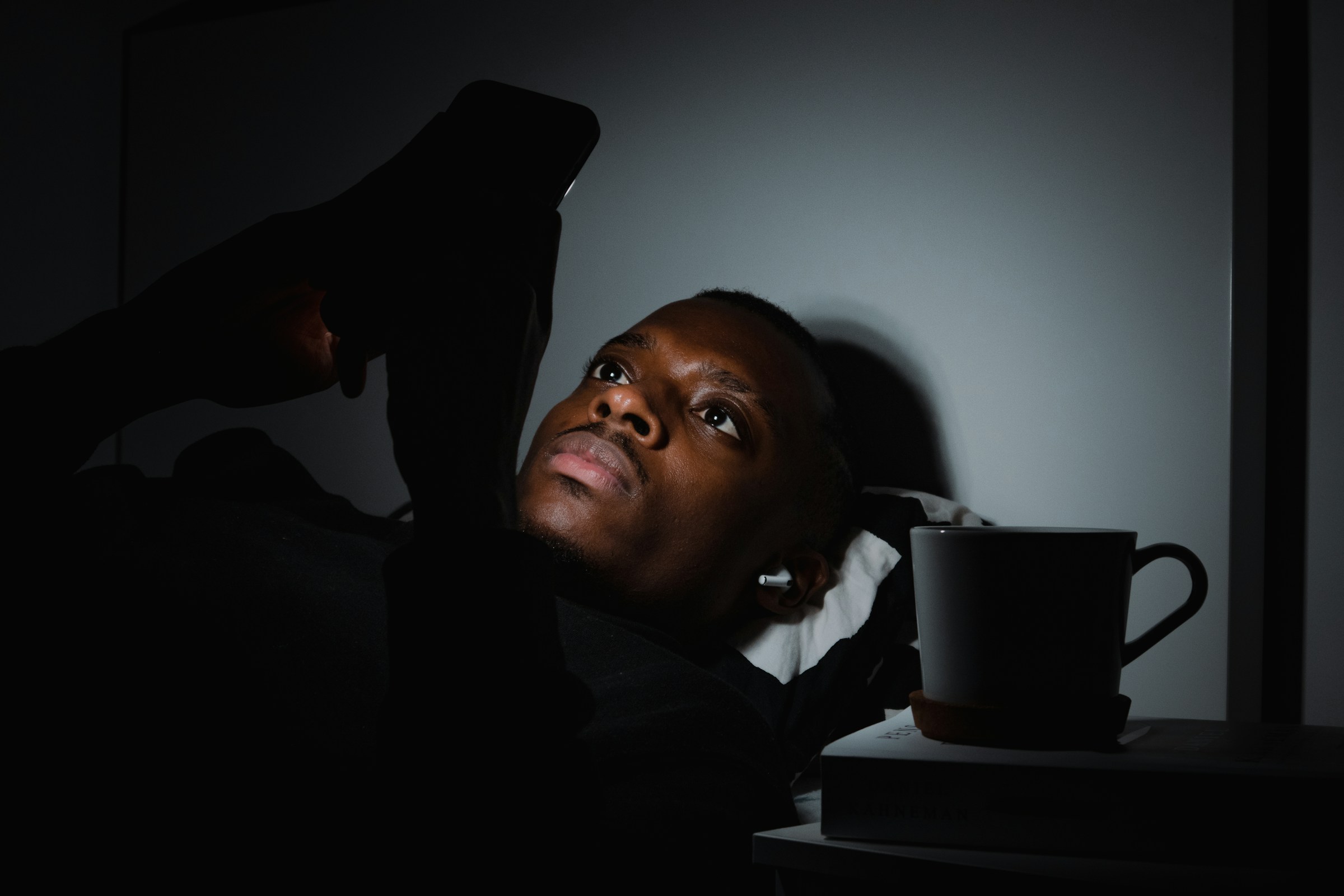 Person looking at a phone while lying down.
Person looking at a phone while lying down.
The study reveals that weekday sleep is more affected than weekend sleep, suggesting screen exposure at bedtime directly impacts work productivity due to reduced sleep. The report states, “Daily screen use was associated with later bedtimes and approximately 50 minutes less sleep each week.”
Beyond reducing sleep duration, screen exposure also delays bedtime. Participants engaging in on-screen activity before bed reported an average bedtime delay of 19-20 minutes on both working and non-working days.
These effects are cumulative. Participants experienced not only fewer minutes of sleep and delayed bedtimes, but also worsened sleep quality. The study used the Pittsburgh Sleep Quality Index, a standard sleep assessment tool, to measure sleep quality across four levels.
Tools for Improvement
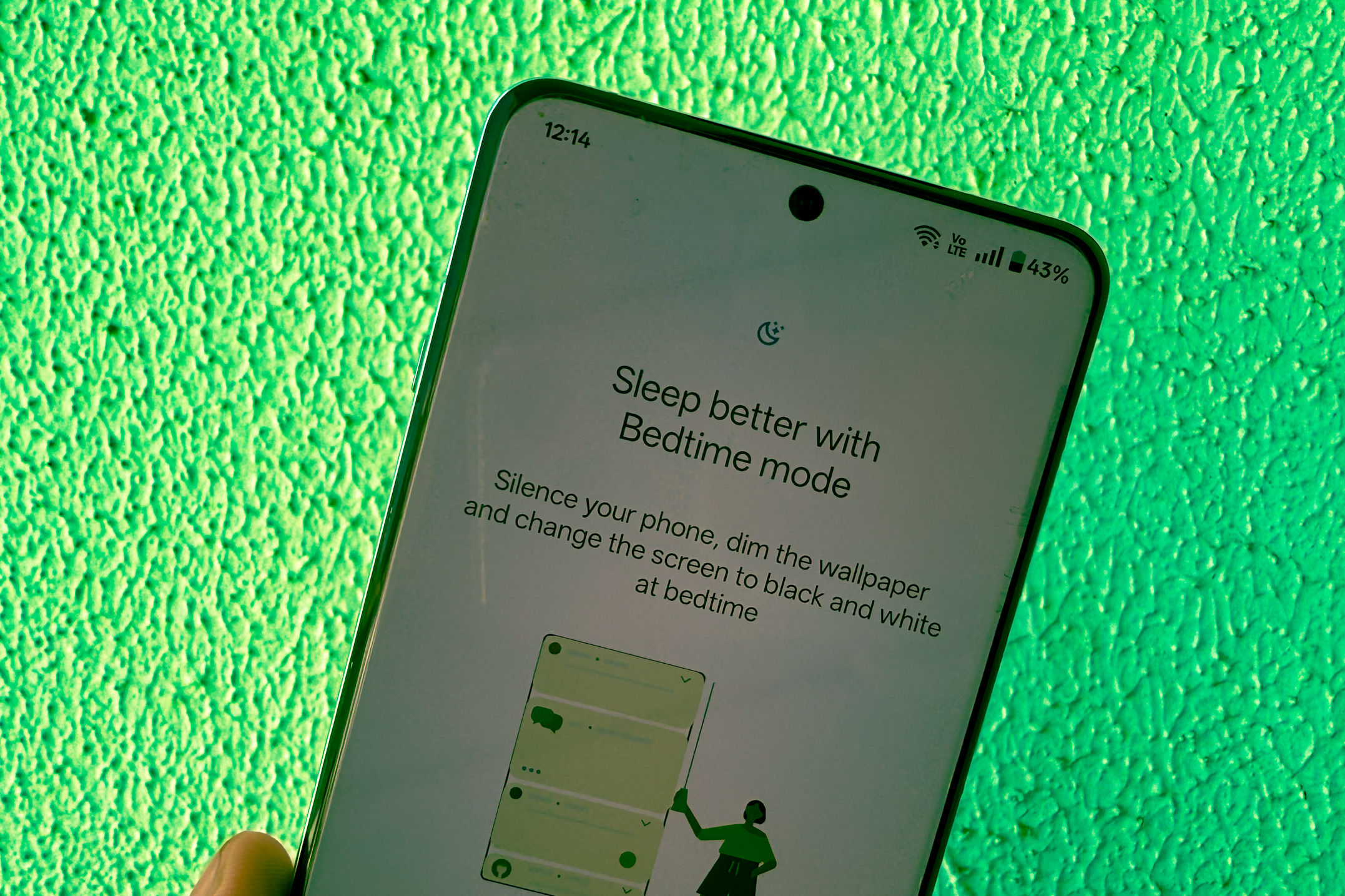 Bedtime mode on Android phone.
Bedtime mode on Android phone.
Fortunately, behavioral interventions, facilitated by tools available on the very devices causing the problem, can help. Smartphones now offer bedtime modes that silence notifications and adjust visuals. Users can set time limits on apps and enable screen time reminders. Wearable devices, like Fitbit, also provide tools for improving sleep schedules.
While the risks are significant, the benefits of reducing screen time are equally impactful. One study found that each hour increase in daily screen time increases the risk of myopia by 21%. Another study demonstrated that reducing screen time can be more effective than antidepressants in improving mental health and sleep.
Conclusion
This research underscores the importance of mindful screen usage, especially before bed. While technology offers tools to mitigate the negative effects, actively managing screen time remains crucial for maintaining healthy sleep habits and overall well-being across all age groups. Limiting screen exposure before bed can lead to improved sleep quality, duration, and ultimately, better productivity and mental health.



